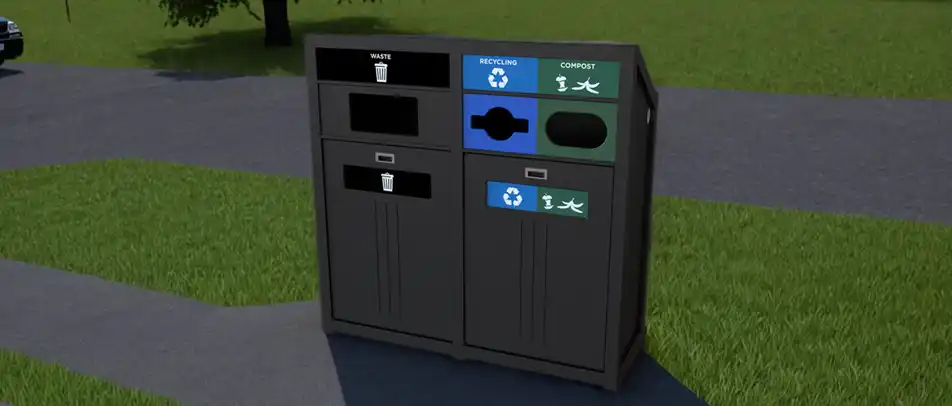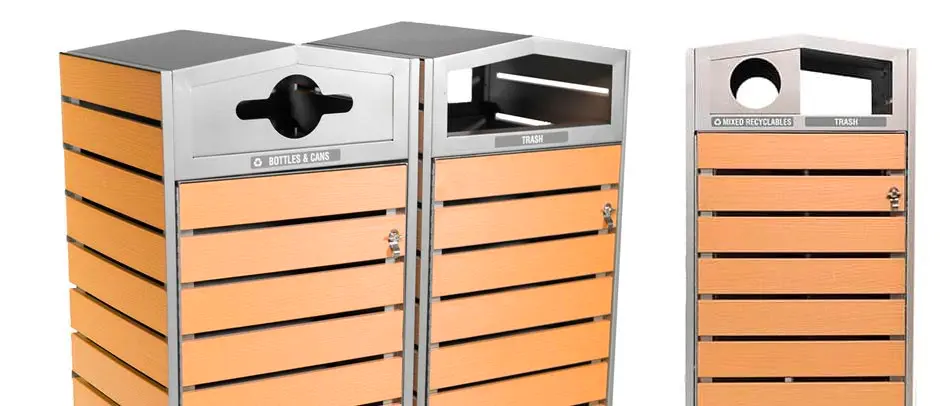College campuses across the country are beginning to emphasize the importance of sustainability to their students. However, for universities and sustainability, leading by example is a much more effective way to create change! Taking steps to move towards a zero waste cafeteria is a great first step in the journey to sustainability. Here are some ways to turn your dining hall into a Zero-Waste facility.
Assess. First, determine exactly how much waste is produced. The easiest way to do this is to record the weight of the trash that gets taken out for a set period. Even measure what ends up in your recycling bins. For example, if your dining hall creates 500 lbs of waste a month, then your facility would produce roughly 6,000 lbs of waste yearly.
Overhaul. Figure out where you are producing the most waste. Are your receptacles filled with straws and plastic-ware? Or is the majority of the food you serve ending up in the trash? This is the easiest way to see what areas of waste you need to target when considering food waste reduction strategies.
Compost. Beginning a compost heap on campus is a good first step to begin actually eliminating the food waste your campus produces. Have students get involved with the upkeep to make sure the compost pile keeps getting utilized effectively.
Adjust as Necessary. Once you’ve assessed where your problem areas are, now it’s time to self-correct. Make sure to keep a recycling bin near every trash receptacle to remind students to recycle what they can. Buy biodegradable silverware and use smaller portions when serving to start reducing your waste from the beginning.
Donate. No matter how good you are at giving smaller portions and accurately using your recycle bins, it’s inevitable that there will be some waste produced. However, the “zero waste” goal can still be achieved by donating excess food to organizations like food kitchens or shelters.
Aiming to have a Zero Waste cafeteria on campus may seem like a huge undertaking at first but, with diligence and campus sustainability initiatives, it can be a reality for your school.





































































































































 Three Ways to Engage Teams and Clients to Maximize Your Recycling Program Engagement
Three Ways to Engage Teams and Clients to Maximize Your Recycling Program Engagement  How to Integrate Accessibility Into Your Sustainability Planning
How to Integrate Accessibility Into Your Sustainability Planning  Why Park Benches Can Promote Workplace Well-Being
Why Park Benches Can Promote Workplace Well-Being 
